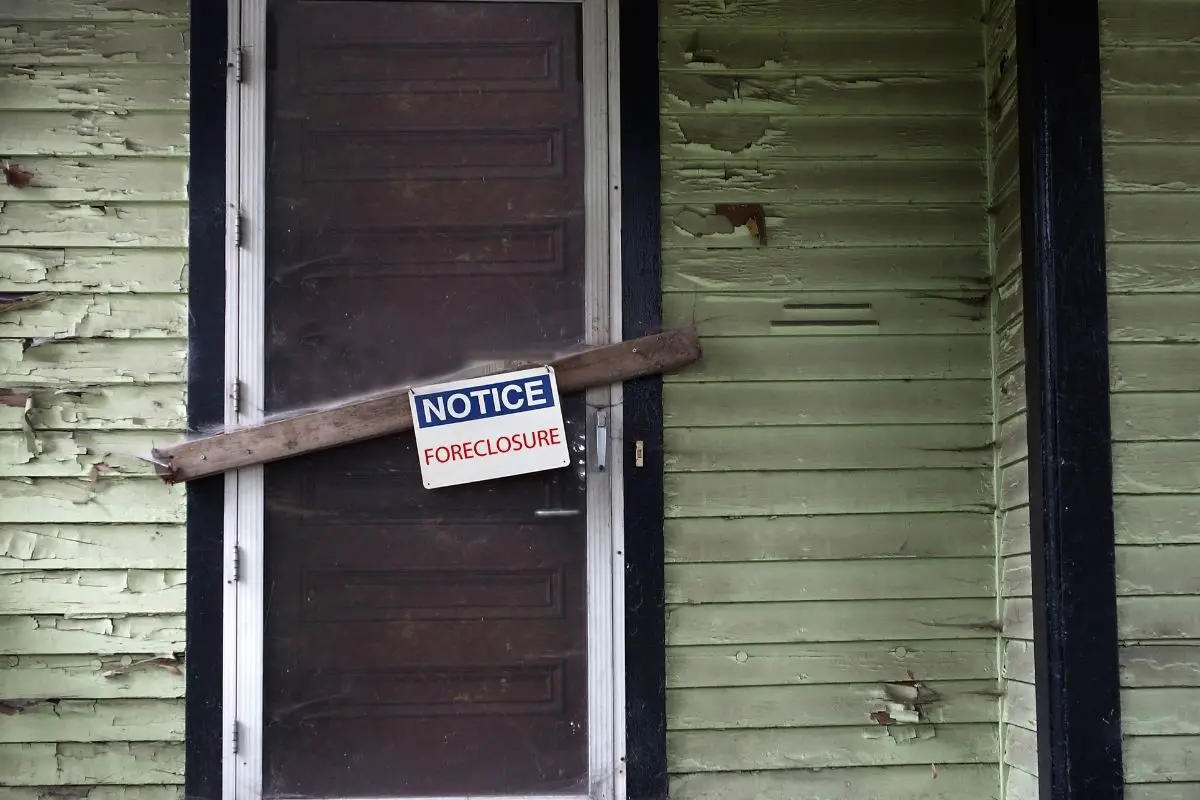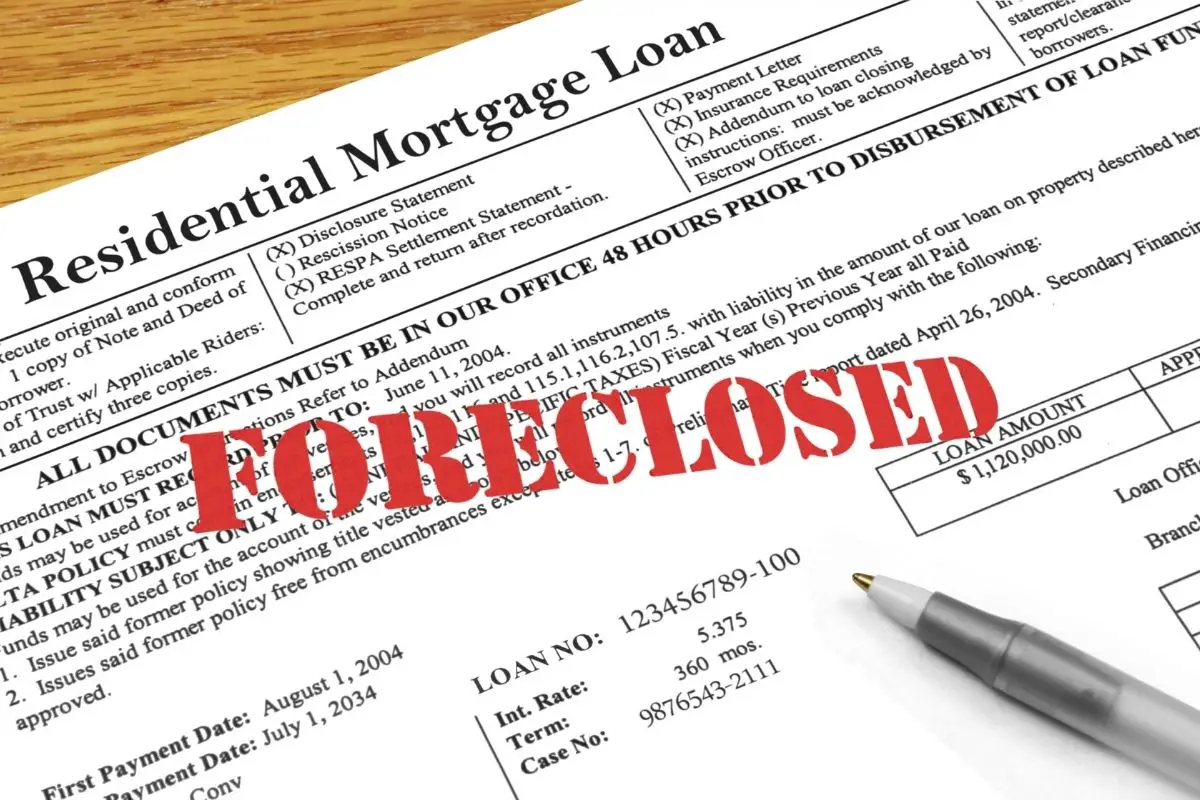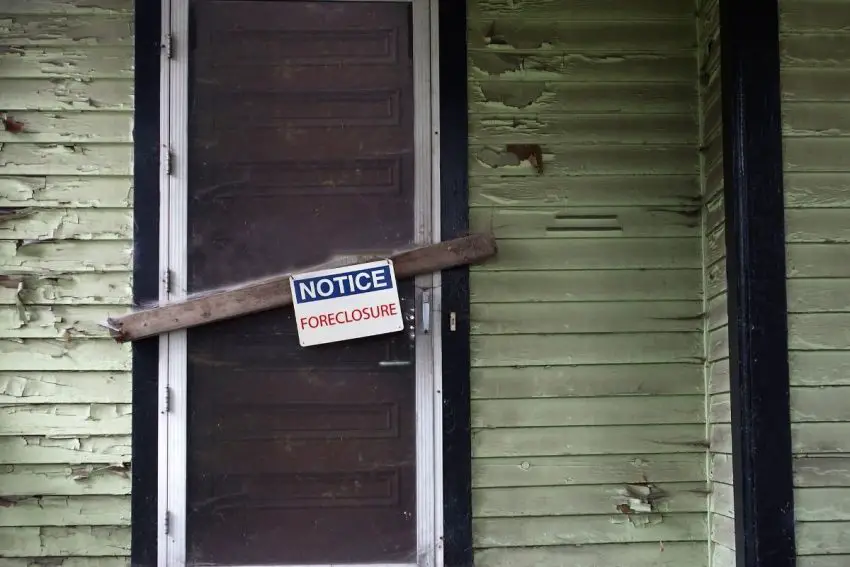Although they’re essential to the proper functioning and growth of our great nation, taxes can be a real pain, especially if you’re struggling to keep up with payments.

In certain scenarios, things can get pretty ugly with the taxman, but is it just foreclosures and debt we have to worry about, or could someone also buy your debt and seize the roof over your head?
That’s exactly what I’ll be talking you through today.
Here, we’ll discuss the finer details of our tax system and property, so you don’t find yourself caught out if you run into a sticky situation in the near future.
Contents
It’s A Matter Of Location!
As is the case with most laws outside federal classification, the stipulations on what happens when you fail to keep up with tax payments differs from state to state.
In some areas of the US, claiming ownership of somebody else’s property simply by paying the outstanding tax balance is strictly prohibited by law, while in others, a similar sort of action is indeed permissible.
Let’s take a look at a few examples!
Texas Tax Laws
In the great state of Texas, nobody will be able to snaffle away your property by paying your outstanding taxes, so if you’re having a spot of financial trouble as of late, this isn’t something you need to add to your list of concerns.
The law of the land in the lone star state is that whoever is in possession of the clear property title is the person that officially owns the property.
If you have this deed, your property is yours and only yours! Even if some well-intentioned benefactor came to your financial aid and covered your tax deficit, they would not be able to make a claim on even a fraction of your property.
Side note — This is why it’s incredibly important to leave a clear will after your passing in the state of Texas, otherwise, your family may find it tricky to claim ownership of the property you intended for them to have, even if they’re paying the property taxes.
Illinois Tax Laws
Things are done a little differently in the prairie state. Now, it’s not as if someone can swipe your property out from under you by just paying the relevant taxes, but it does get the ball rolling on what could eventually lead to your eviction.
To assert ownership of your property in Illinois, somebody would have to purchase the debt from the holder, meaning you would then be indebted to the buying party.
Next on their agenda would be to acquire a tax deed and have it recorded and declared by a local deed authority.
At that point, ownership will have officially been transferred to the buyer, and you could be told to vacate the premises.
Not to worry, though; although this sounds scary, it won’t come out of the blue. Getting hold of one of these tax deeds isn’t the easiest thing to do.
A local taxing authority has to engage in a lengthy legal process to establish said deed, and many of the crucial steps involve giving the current owner of the property in question fair notice of the process.

California Tax Laws
In sunny California, somebody can indeed claim ownership of a piece of real estate property by paying the property tax as long as they have been living on/in the property for a certain amount of time.
This stipulation is listed under “adverse possession” legislation.
However, this law isn’t in place to aid tax buyers in muscling you out of your property, as it’s you who will be living on the premises.
This law was introduced to help those who have a rightful claim to a property attain official ownership in the absence of alternative methods.
For example, if you passed away before composing a last will and testament, your surviving family could claim ownership of your property by living in it and taking responsibility for the property tax payments.
Foreclosure: The Real Threat
As established above, it’s rare that someone can seize your property simply by paying your taxes or buying your property tax arrears, but that doesn’t mean your property is secure.
With no party to buy, you’re still at risk of foreclosure, meaning a banking authority or an authority of the state will reclaim your property.
This is the most common threat if you fall into arrears on your property tax, but, on rare occasions, it may also happen if you fall drastically behind on income taxes.
You will be given plenty of notice if an authority is taking steps towards foreclosure, and you may even be offered an amended payment plan to help you get yourself back on your feet.
Some more good news is that, if you fail to keep up with property tax payments, you may lose your property, but you will not face jail time.
Redeeming Your Property: The Light At The End Of The Tunnel
If the worst has happened, and your tax has been purchased at a tax auction held by the original holder of the debt, you may be offered one last lifeline: property redemption.
Sometimes, even after a tax sale, local laws may stipulate that a tax delinquent should be given a grace period with amended repayment terms to try and get out of the red and, eventually, reclaim ownership of the property in question.
The length of this grace period varies from state to state, but it’s usually one year after the tax purchase. That said, in certain states, such a grace period will not be granted.
Final Thoughts
For the most part, you don’t need to worry about someone paying your taxes and pinching your property, but that doesn’t mean your home is secure if you don’t pay your taxes.
My advice is to visit your local taxation authority and request all relevant information regarding this topic, as the laws can differ significantly from one place to the next.
Once you have this information, you can fully prepare yourself for all possible eventualities.





